Lincoln's Despotism & War Against Dissent in Six Northern States Part 5
Lincoln's view of the emancipation of slaves, and what happened to those who opposed his views before emancipation even became a part of the Union's plan to further scourge the South.
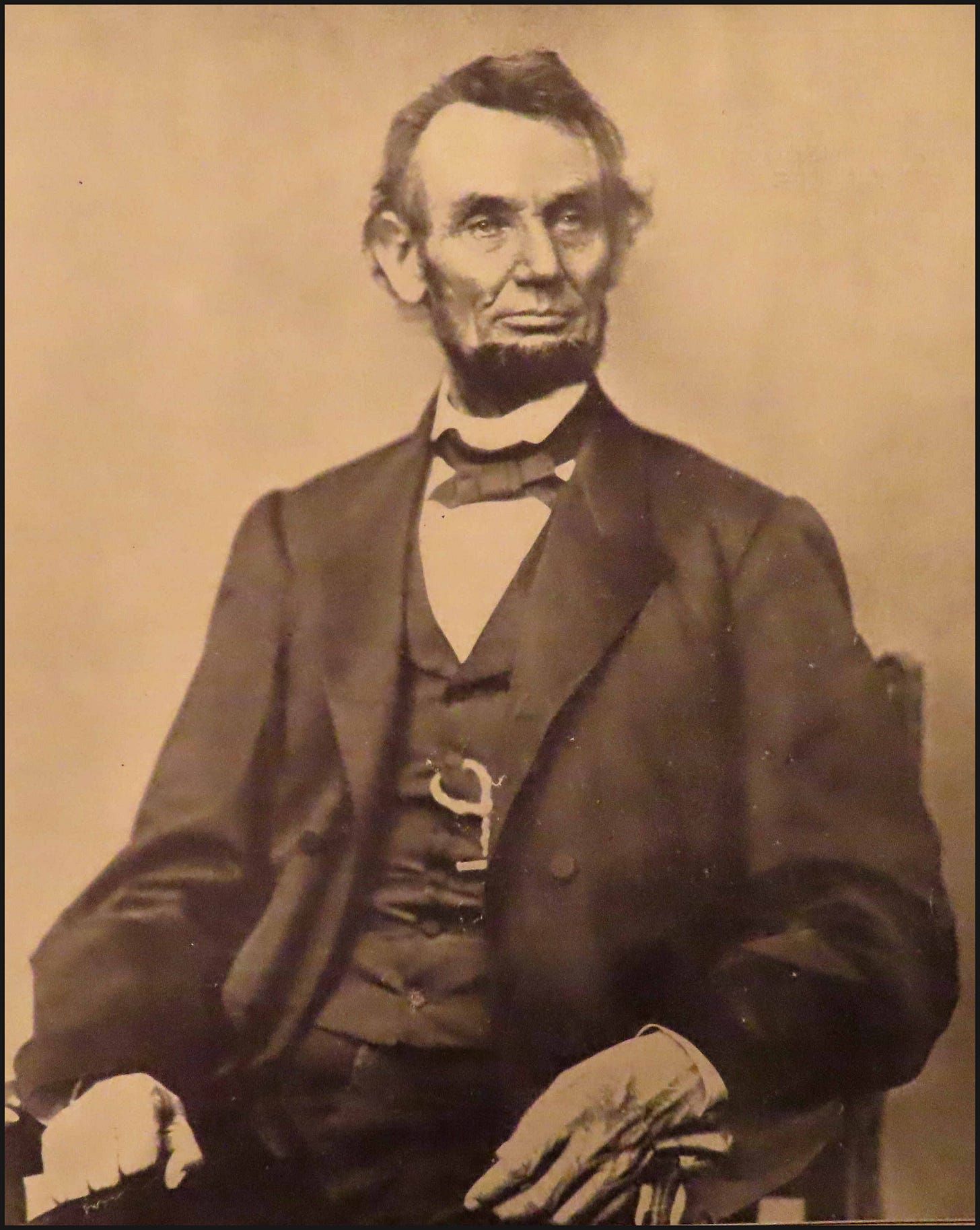
What exactly was the cause of the so-called American “Civil War”? Post war Union propaganda generally served up a self-justifying misrepresentation of the war as a morality play in which a noble Union Army marched forth to battle for the glorious purpose of emancipating downtrodden slaves from evil Southerners. This explanation has been continuing in an even more strident and self-righteous form of political correctness. This is usually supplemented with assertions that the South also had to be conquered (and hundreds of thousands of people killed) to “save” the Union. These more than often repeated assertions attempt to claim the moral high ground for Northern aggression and to discredit the South’s resistance to that aggression as “morally wrong,” as one incredibly arrogant editorial in a nominally newspaper put it. This is insulting to those Southerners who have not surrendered mind and soul to the truth suppressing tyranny of modern reconstruction. It should also be disconcerting to anyone who values truth and eschews politically motivated distortion.
No serious student of the Civil War believes that the Union Invaded the South to emancipate slaves. Such ignorance, however, is commonplace. This propagandic version of the war commonly taught in public schools and in ignorance in many Christian schools. Yet it has little basis in fact. Slavery was an issue between North and South, but not in the propagandistic, fabricated moral sense of the assumed.
First of all, the thinking of most Northerners about race and slavery before and after the war was not of the high moral tone usually believed. The Free State versus Slave State controversy was not over the moral question of slavery. It was, as Lincoln said regarding Kansas and Nebraska in 1854, about preserving these states “for the homes of free white people.” When Pennsylvania Congressman David Wilmot introduced his famous 1846 proviso that slavery would be excluded from territories acquired after the Mexican War, he explained his motivation:
“I would preserve to free white labor a fair country, a rich inheritance, where the sons of toil, of my own race and color, can live without the disgrace which association with Negro slavery brings upon free labor.”
Most Northern states did not want blacks within their borders, and Indiana, Ohio, Illinois, and Oregon had strict laws to enforce this bias. As Illinois Legislator, Abraham Lincoln fully approved of such laws. The “underground railroad” for escaped slaves went to Canada because the intervening Union states did not want blacks in their territory. Even after the war, voters in Ohio, Michigan, Minnesota, and Kansas refused to extend the right to vote to blacks.
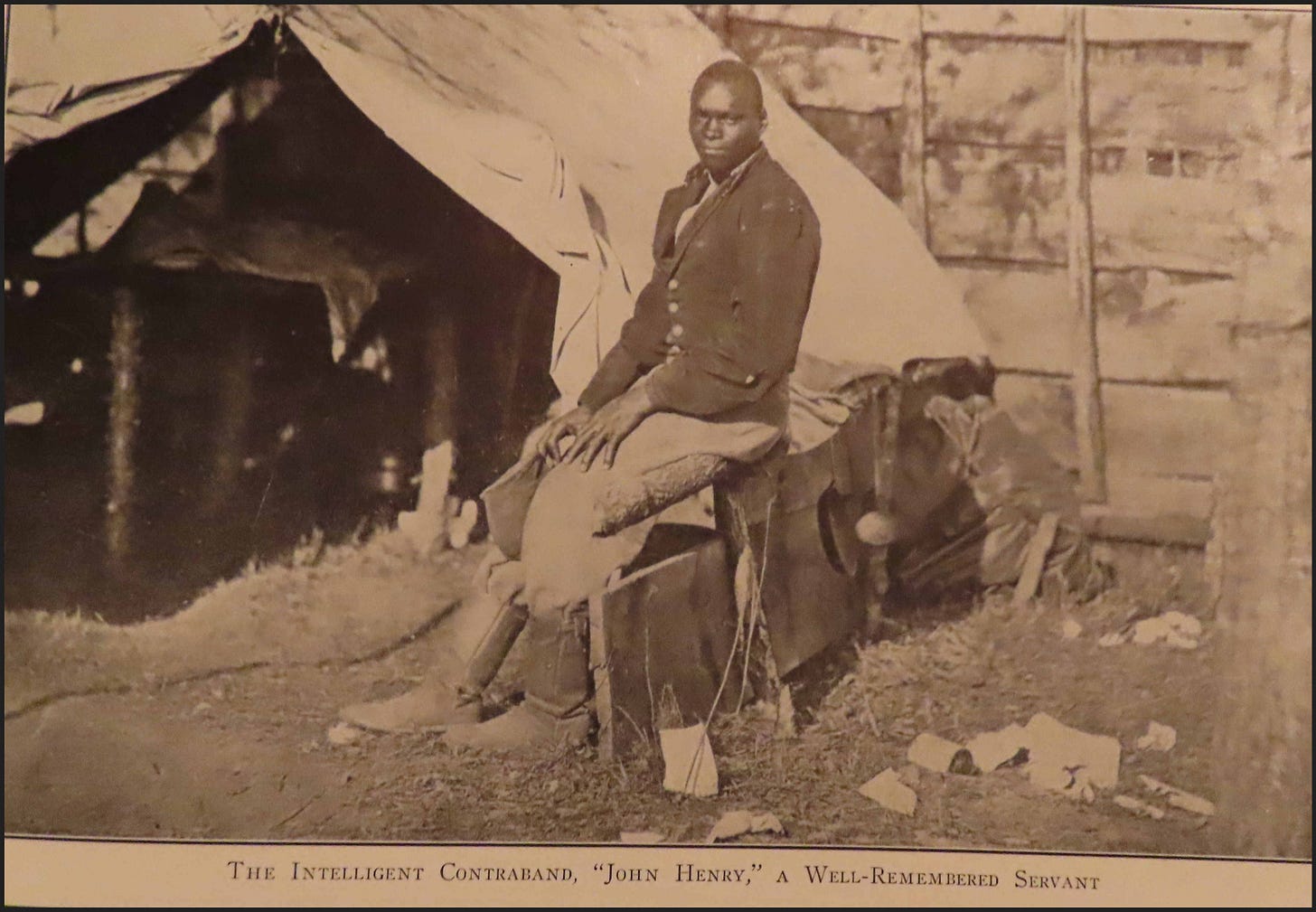
Some of Lincoln’s public and private remarks are shocking to those who have been taught the whitewashed version of American history that lifts Lincoln up as the Great Emancipator. Lerone Bennett, Jr., editor of Ebony Magazine, has pointed out:
“On at least fourteen occasions between 1854 and 1860 Lincoln said unambiguously that he believed the Negro race was inferior to the White race.”
In the September 1858 debate with Stephen Douglas in Ottawa, Illinois, Lincoln insisted vigorously that:
“I will say that I am not…in favor of making voters or jurors of Negroes, nor of qualifying them to hold office with white people…Anything that argues me into this his (Douglas’s) idea of perfect social and political equality with the Negro is but a specious and fantastic arrangement of words, by which a man can prove a horse chestnut to be a chestnut horse.”
Lincoln was for gradual, slave-owner compensated emancipation of slaves, a common sentiment in both North and South. But he did not believe the black and white races could coexist in the same country. He favored deporting them and colonizing them to the Caribbean, Central America or Africa. Lincoln was a strong admired of Henry Clay, a slave owner and one of the founding members of the American Colonization Society. In his 1852 eulogy of Clay, Lincoln quoted Clay’s words on colonization of blacks back to Africa approvingly.
“There is a moral fitness in the idea of returning to Africa her children…they will carry back to their native soil the rich fruits of religion, civilization, law and liberty.”
In his famous Cooper Union speech on February 27, 1860, Lincoln addressed the peaceful “deportaion” of blacks so that “their places be…filled up by free white laborers.”
In 1862 Lincoln met with a deputation of free blacks in the White House intending to persuade them of the benefits of colonization. His words, severely criticized by Horace Greeley in the New York Tribune, are astonishing in the light of his near deification by civil rights groups and most political leaders today:
“You and we are of different races. Your race suffers very greatly by living among us while ours suffers from your presence. Even when you cease to be slaves, you are far removed from being on equality with the white man…Go where you are treated the best, and the ban is still upon you. I do not propose to discuss this, but to present it as fact. It is better for us, therefore, to be separated.”
Later Lincoln suggested to the occupation Governor of Louisiana in regard to elective franchise that some blacks, the very intelligent and those who had served in the Union ranks, “be let in.”
Much to constant dismay of the abolitionists, slavery was imbedded in the U.S. Constitution and could not be removed without a Constitutional Amendment. In early 1861, to ensure the South that slavery would not be endangered, the U.S. Congress, now encompassed of only Northern states, passed a prospective Constitutional Amendment that would have forever prohibited any Constitutional change that interfered with slavery in any state, and this was endorse by Lincoln in his inaugural speech. This Amendment, however, became a moot issue after Lincoln’s call for 75,000 troops to invade the South following Confederate occupation of Fort Sumter in South Carolina.
Of course, Lincoln also stated unequivocally in his first inaugural address what he had previously written to the New York Tribune Editor, Horrace Greeley:
“I have no purpose, directly or indirectly, to interfere with the institution of slavery in the States where it exists. I do believe I have no right to do so, and I have no inclination to do so.”
Furthermore, the Northern Congress passed a Resolution on July 22, 1861, stating specifically that preserving the Union and maintaining the supremacy of the Constitution and not interfering with slavery were the purposes of the war. Their statement about maintaining the supremacy of the Constitution was truth and logic turned on its head, and the role of the South in this involuntary Union was comparable to the subjugated status of the Baltic States under the Soviet Union, but they were empathic that they had no intention of overthrowing the institution of slavery.
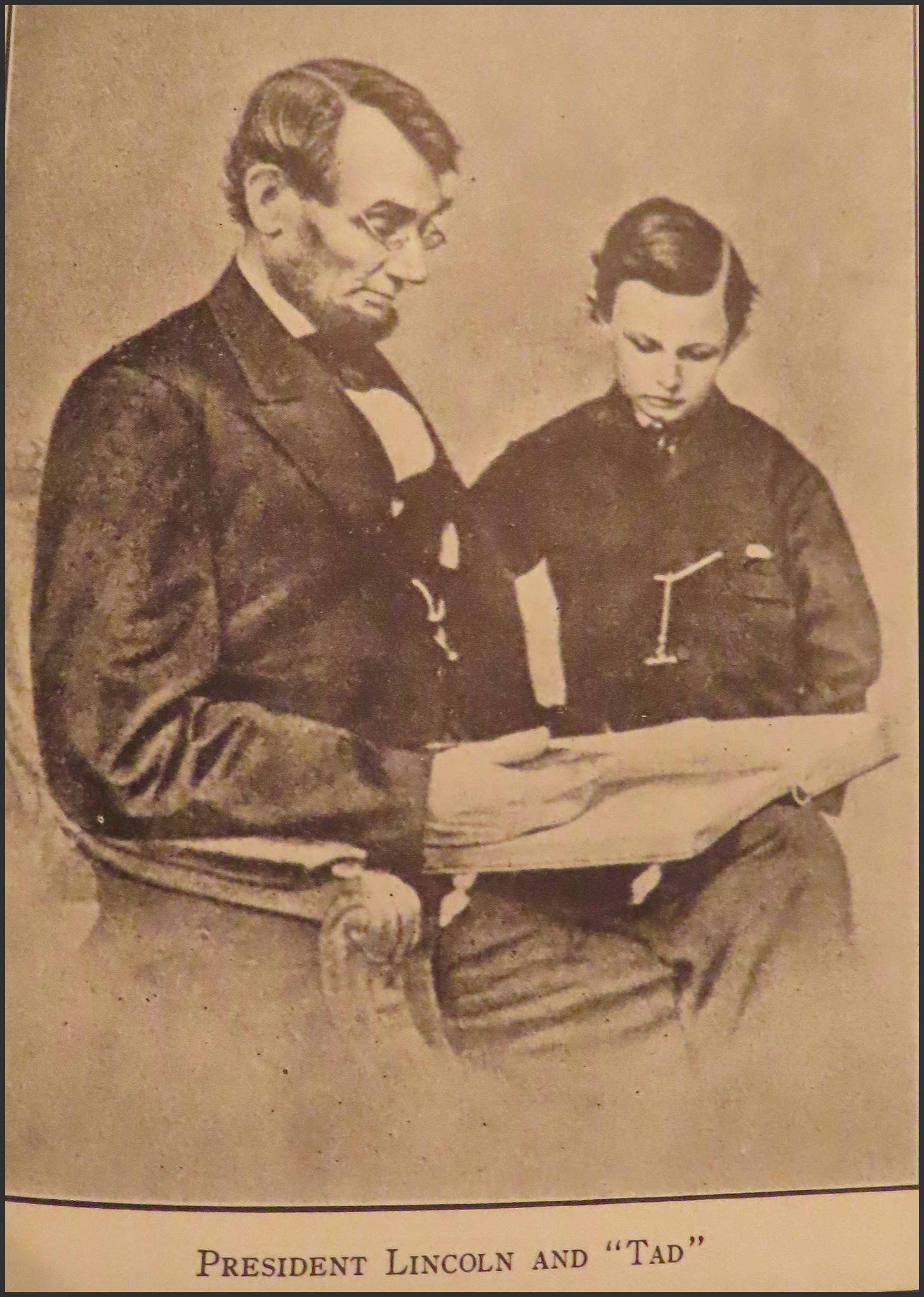
Like Lincoln, the vast majority of Northern whites did not have a very sympathetic attitudes towards blacks. Lincoln and most Northerners, like most Southerners, thought emancipation should be gradual. Only a tiny minority of radical abolitionists wanted an immediate end to slavery regardless of the economic consequences to the South or the freed slaves. Northerners actually feared that emancipated Southern slaves might emigrate to the North.
The whitewashed versions of American history prevailing today seldom inform us that Lincoln was fighting a ruthless was on two fronts. Lincolns waged one war against the Confederacy and the other against dissent within the Union. In some respects, the Un-Civil War might be considered not only a regional war, but a war between the Republicans and the Democratic parties. Northern Democrats held a conservative philosophy of government in common with the Southern Democrats. In those days the words “Democrat” and “Conservative” were almost political synonyms. (How different it is today!) The majority of Northern Democrats also favored a negotiated peace to end the war. Many Democratic newspapers and politicians voiced strong reservations about justice and wisdom of the war and strong criticism of Lincoln’s conduct of the war, this dissent was particularly strong in six Northern states controlled by the Democratic Party; they were New York, Pennsylvania, Ohio, Indiana, Illinois, and Wisconsin.
Lincoln and his Cabinet reacted to this dissent with ruthless despotism, beginning with the suppression of dissenting newspapers. Over three hundred newspapers critical of Lincoln, the government, or the conduct of the war, were permanently shut down. Dissenting editors, political leaders, clergy, influential persons critical of the Lincoln administration, and anyone suspected of disloyalty were imprisoned without formal charges or trial. Secretary of State, William Seward, who boasted to the British ambassador of his power to ring a bell and have a man arrested anywhere, normally directed the Lincoln Administration’s secret police functions. But Lincoln sometimes acted directly, as in May 1864, when he gave a direct order to General John Dix to close two influential newspapers:
“You will take possession by military force, of the printing establishments of the New York World and Journal of Commerce…and prohibit further publication thereof…you are therefore directed to arrest and imprison…the editors, proprietors and publishers of aforesaid newspapers.”
Many newspapers, such as the very influential, New York Daily News, were driven out of business by denying them use of the Postal Service. Some newspapers, such as the Brooklyn Eagle, were allowed to resume publication contingent on favorable coverage of Lincoln. In addition, clergymen were barred from preaching because they refused to support Lincoln in their sermons and public prayers. Freedom of the press and freedom of speech ceased to exist.
An estimated 14,000 to 38,000 Northern civilians were arrested and taken to unknown places of confinement. Some simply disappeared. Early in the war, a large portion of the Maryland legislature was arrested and imprisoned. Clement Vallandigham, a leading Congressional Democrat and candidate for governor of Ohio, was arrested and deported. Federal armies were used to influence elections.
In July 1863, an army of 50,000 New York State and citizen militia battled Federal Troops and New York City Police over Federal despotism and federalization of conscription. This was organized resistance, not a spontaneous “draft riot.” It took Federal troops four days to suppress the revolt. Thousands were killed or wounded. General Sherman complained that half the strength of the Federal Army was tied up, suppressing dissent in six Union states.
References:
Lincoln Takes Command, by John S. Tilley: How Lincoln Got the War He Wanted, 1941,1991.
The Truth of Conspiracy of 1861, by H.W. Johnstone, 1921.
The American Iliad 1848-1877, by Ludwell H. Johnson, 2002 edition.
The Real Lincoln: A New Look at Abraham Lincoln, His Agenda and an Unnecessary War, by Thomas J. DiLorenzo, 2002.
I have also spent considerable time at the SC State Archives Library in Columbia, and the Greenville Chapter of the Sons of the Confederacy's private library. I hope this will give you some good reading on the subject. Next time, I will try not to omit my references!




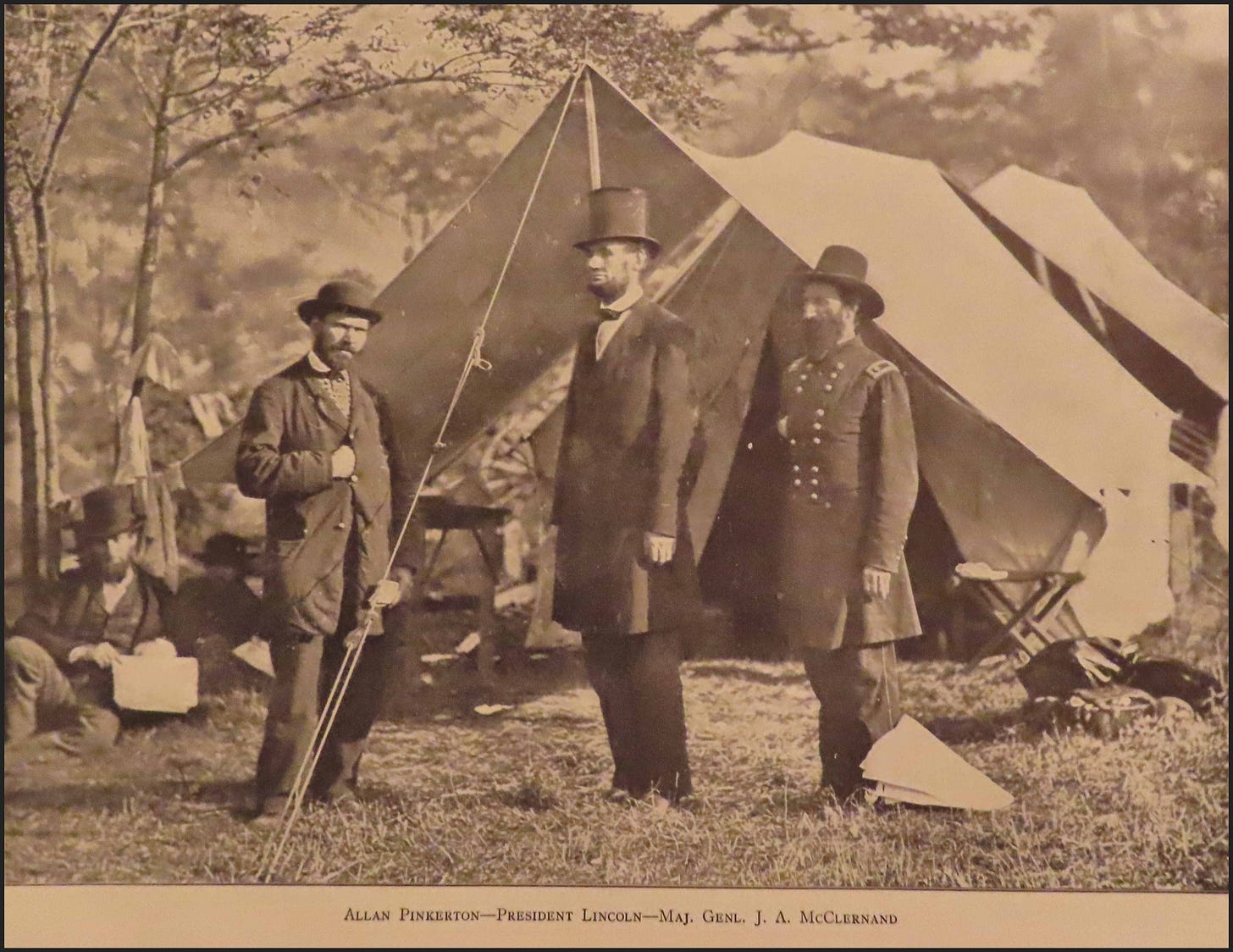
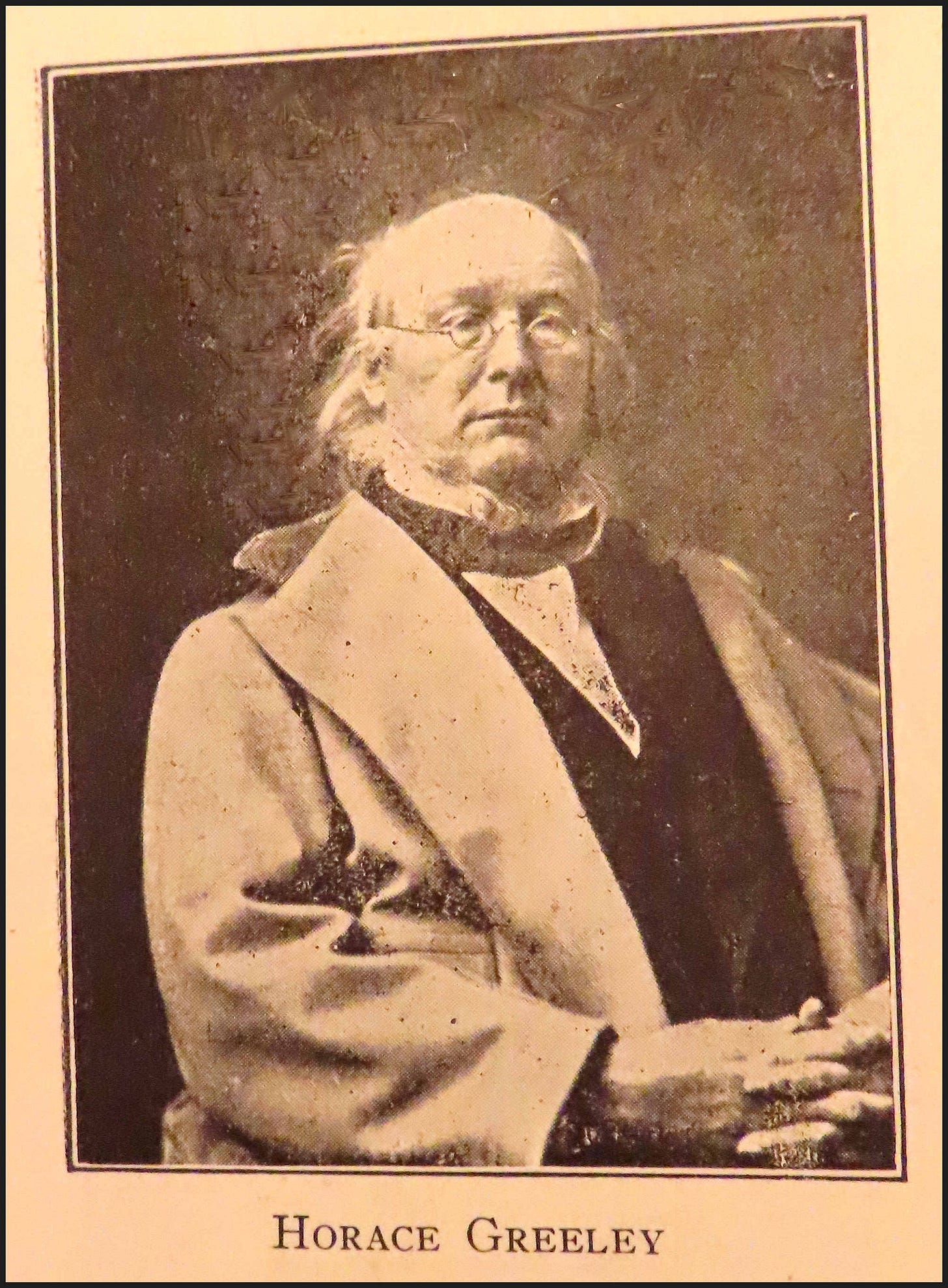
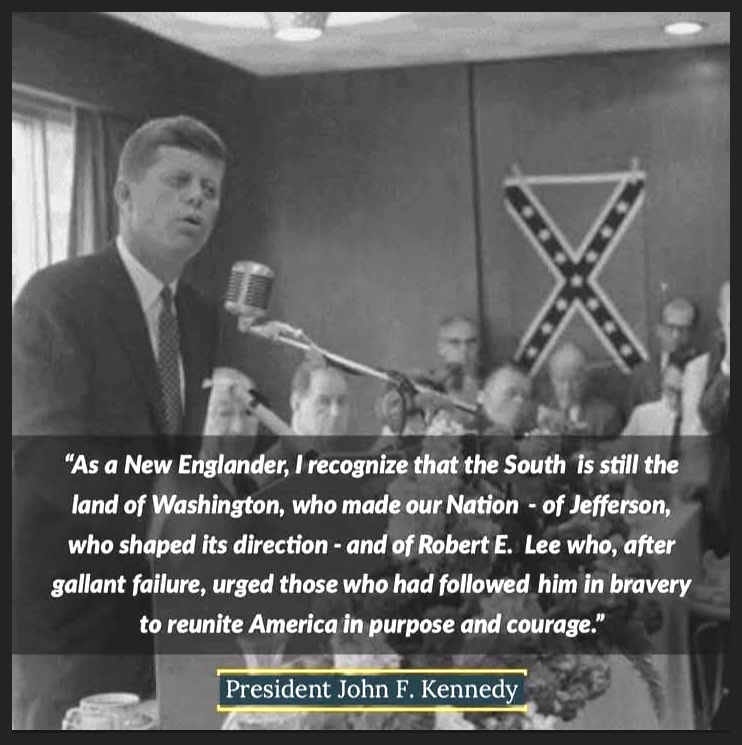

I've come to believe Lincoln didn't free any slaves. What he did was make all US citizens slaves to the federal government.
It broke my heart when I realized that my school hero, Lincoln, was such a tyrant. The more I learned who he really was, the less I liked him.
A good argument can be made that most of the evils of the US government were built on the foundation Lincoln laid.
Like some modern politicians, he could give some amazing speeches, but his actions behind the curtain show his true character. He is one of our worst presidents.